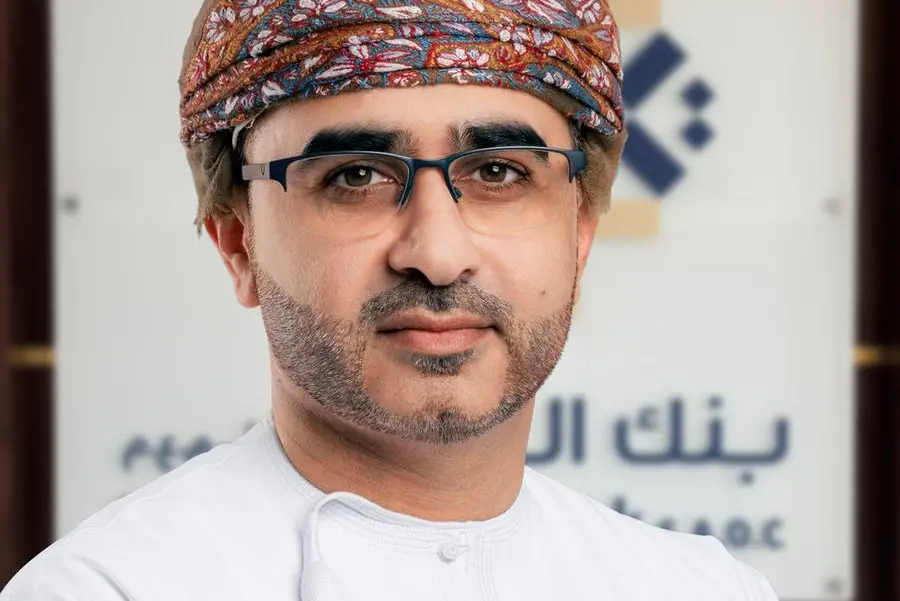PHOTO
Muscat: Development banks are evolving from project financiers to strategic climate partners, fundamentally reshaping sustainable finance. Development Bank CEO Hussain Al Lawati explored these changes during a panel discussion at the Islamic Development Bank Group Annual Meeting in Algiers on Wednesday, sharing insights from his institution’s experience.
For Oman, this evolution means moving beyond traditional project funding. Mr. Al Lawati highlighted Development Bank’s commitment to key industries including manufacturing, fisheries, agriculture, mining, logistics and tourism with a focus on projects that will help achieve the 2050 Net Zero target. “We serve as a catalyst for sustainable development by providing tailored financing solutions that support Oman Vision 2040 and drive economic diversification,” he remarked.
This approach is clear in the bank’s response to national priorities. Mr. Al Lawati explained how Development Bank’s work connects local and global climate goals: “We aren't just financing projects, we’re enabling Oman’s transition to a low-carbon, resilient economy that can thrive despite climate challenges.”
Oman’s changes are part of a bigger picture. Mr. Al Lawati noted how the global investment landscape has changed since November’s COP29, where countries committed to providing at least US$300 billion annually for climate action in emerging economies by 2035, with developed nations leading the charge. This historic climate finance deal marks a turning point in worldwide environmental efforts.
The proposed funding, combined with domestic finance will help countries adopt low-carbon technologies, build climate resilience and unlock green development opportunities. “It’s about building a safer and more prosperous future for everyone,” added Development Bank CEO.
Addressing the economic implications, Mr. Al Lawati said climate change poses the biggest long-term threat to the global economy. Without decisive action, temperatures could rise by nearly 3°C, potentially shrinking the world economy by as much as 18% over the next 30 years. This reality underscores the urgency behind Oman’s climate targets, including emission reductions of 21% by 2030 and 92% by 2050.
In response to these challenges, Oman has designated 65,000 km² for renewable energy projects and launched major green hydrogen initiatives at the Special Economic Zone in Duqm. These projects not only address environmental concerns but are also expected to create quality jobs, supporting skilled employment and contributing to sustainable economic development.
Development Bank is funding renewable projects and working with partners to attract private investment into the country’s climate transition. “We’re expanding beyond traditional lending to become a strategic partner in Oman's green economy,” commented Mr. Al Lawati. “Investing in renewable energy projects today creates long-term economic value, proving that climate action makes both environmental and economic sense.”
“Our goal is to ensure Omani businesses of all sizes can access the financial solutions and expert advice needed for sustainable, green growth,” said Mr. Al Lawati, reflecting on Wednesday’s panel. “By working together, we can build a more resilient and competitive economy for the future.”
About Development Bank
Development Bank (DB) is a key enabler of economic growth, providing innovative financing solutions to support Oman’s Vision 2040 and the transition to a diversified, sustainable economy. DB offers tailored financial products and services to a wide range of sectors, including agriculture, fisheries, tourism, manufacturing, renewable energy, health, education and logistics, focusing on projects that drive in-country value and job creation. By funding MSME development, DB plays an important role in fostering entrepreneurship, promoting regional development that aligns with national and global sustainability goals.




















